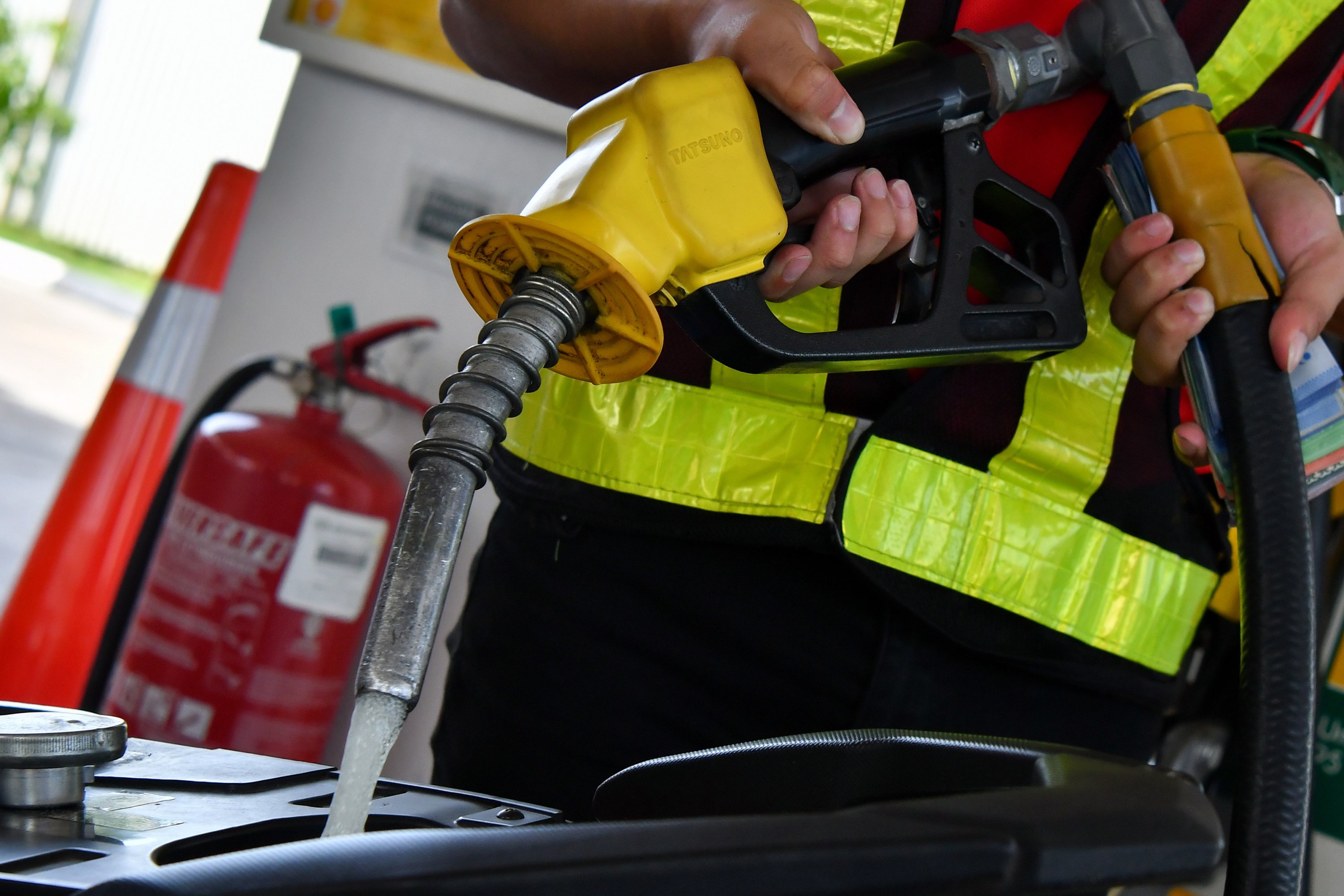
A petrol station worker helps to fill a customer’s tank in Kuala Terengganu on June 9, 2022. — Bernama photo
KUALA LUMPUR (Feb 3): The World Bank has recommended that Malaysia phase out blanket and broad-based subsidies and instead implement a targeted subsidy framework to better support its vulnerable citizens and rebuild its fiscal buffers at the same time.
In its “Malaysia Economic Monitor February 2023” report released today, the World Bank used fuel subsidies as an example, saying that targeted cash transfers to lower-income households could be introduced to replace the blanket fuel subsidies that are currently practiced.
“The shift towards a targeted framework should also be gradual, as a sudden and abrupt complete removal could lead to a sharp increase in inflation,” it said in the report.
To note, the current Malaysian government has announced that it is working on a targeted subsidy framework for fuel, while electricity subsidies for large businesses were weaned off on January 1.
The World Bank further recommended that Malaysia go ahead with its plans to reassess the country’s poverty line income and multidimensional poverty index.
This, it said, was because there was a need for a better measure of poverty and inequality so that responses and policies can be rolled out more effectively and equitably.
“In the same spirit, the government may wish to revisit the current narrow focus on ‘hardcore poor’, as it misses out many vulnerable groups, such as informal and younger workers,” it said.
The World Bank also said that Malaysia should increase its revenue collection, adding that the country has historically under collected in terms of personal and consumption taxes.
“Currently, the government’s fiscal consolidation projects government revenue to decline further from 15 per cent of GDP in 2023 to an average of 14.7 per cent in the medium term.
“With Malaysia’s revenue level remaining low and trailing comparative peers, it is important to address the persistent decline in revenue collection and explore new sources of revenue.
“The Fiscal Responsibility Act (FRA) which is being drafted and finalized, should include detailed plans on measures to diversify its revenue sources,” it said.
It added that the tax base for personal income tax could be broadened while the consumption tax framework could be “enhanced”.
The World Bank also called on Malaysia to leverage its current trend of increased digitalisation, to develop an “inclusive, dynamic and safe digital economy” with solid foundations in five critical policy areas.
The areas mentioned were digital infrastructure, digital platforms, digital financial services, digital literacy and advanced digital skills, as well as digital safeguards.
It pointed out that Malaysia has seen significant expansion of digitalisation during the Covid-19 pandemic, such as a rapid expansion in access and usage of the internet with almost 97 per cent of the population using the internet in 2021, up from 84 per cent in 2019. — Malay Mail
